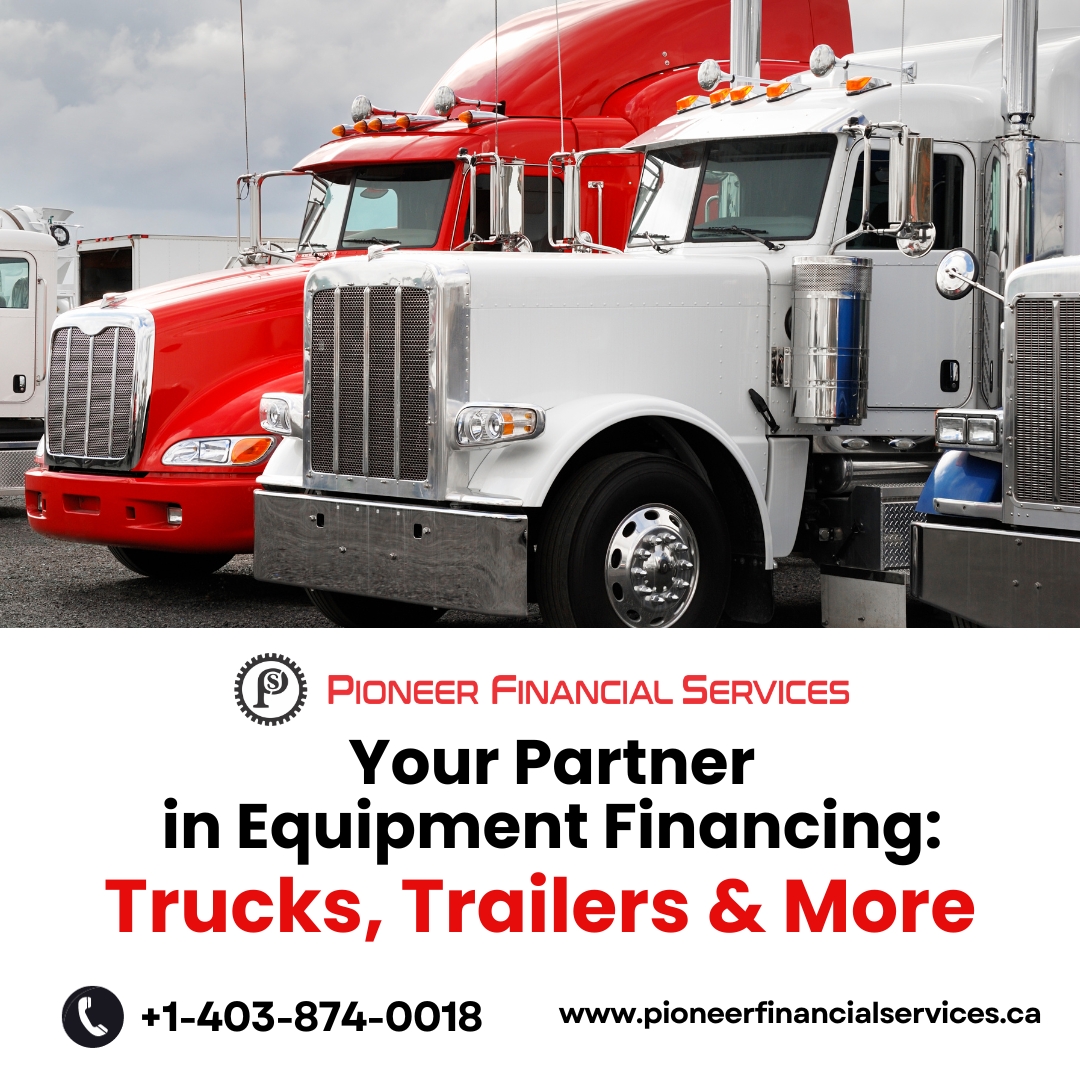
Securing financing for equipment trailers can be a crucial step in expanding and optimizing your business operations. However, navigating the financing process can be complex, and mistakes can be costly. Understanding the common pitfalls and how to avoid them can help ensure you secure the best possible terms for your equipment trailer financing.
1. Not Checking Credit Scores
Your credit score plays a significant role in determining the interest rates and terms you receive on a loan. Failing to check your credit score before applying for financing can lead to unpleasant surprises. Ensure your credit report is accurate and address any discrepancies. Improving your credit score before applying can help you secure better financing terms, saving money in the long run.
2. Ignoring Total Cost of Ownership
Focusing solely on the purchase price of the equipment trailer can be a mistake. The total cost of ownership (TCO) includes maintenance, insurance, registration, and operating costs. Overlooking these expenses can strain your finances down the road. Calculate the TCO to ensure the trailer remains affordable throughout its life.
3. Choosing the Wrong Financing Option
Several equipment trailer financing in Calgary options are available, including loans, leases, and rent-to-own agreements. Each option has its pros and cons. Loans provide ownership but may have higher monthly payments. Leases can offer lower payments but do not result in ownership. Rent-to-own combines aspects of both. Understanding each option’s details and aligning them with your business needs is crucial.
4. Failing to Compare Lenders
Not all lenders offer the same rates and terms. Failing to shop around can result in less favorable financing. Compare multiple lenders, including banks, credit unions, and specialized equipment financing companies. Assess their interest rates, terms, and conditions to find the most competitive offer.
5. Overlooking Hidden Fees
Hidden fees can significantly increase the cost of financing. These may include processing fees, early repayment penalties, and administrative charges. Carefully review the financing agreement to identify any hidden fees. Clarify any ambiguities with the lender to avoid unexpected costs.
6. Not Reading the Fine Print
The fine print of a financing agreement can contain critical details about interest rates, repayment schedules, and penalties. Failing to read and understand these terms can lead to financial difficulties. Thoroughly review the agreement and seek clarification on any unclear points. This ensures you fully understand your obligations and rights.
7. Neglecting to Plan for Future Needs
When financing equipment trailers, consider your business’s future growth and needs. Financing based solely on current requirements may lead to inadequate capacity as your business expands. Plan for potential growth and ensure the financed equipment will meet future demands. This approach helps avoid the need for additional financing shortly after the initial purchase.
8. Not Preparing a Strong Application
A well-prepared application can significantly improve your chances of securing favorable financing terms. Ensure all financial documents are accurate and up-to-date. Provide a detailed business plan that outlines how the financed equipment will contribute to your operations and growth. Highlight stable income, good cash flow management, and a clear repayment strategy.
9. Ignoring Tax Benefits
Equipment trailer financing can offer tax benefits, such as deductions for interest payments and depreciation. Failing to take advantage of these benefits can result in higher overall costs. Consult with a tax professional to understand the potential tax advantages and incorporate them into your financing strategy.
10. Overextending Financial Commitments
Taking on too much debt can strain your business’s finances. Carefully assess your ability to meet monthly payments without compromising other financial obligations. Overextending financial commitments can lead to cash flow issues and jeopardize your business’s stability.
Final Thoughts
Securing equipment trailer financing requires careful planning and informed decision-making. Avoiding common mistakes like neglecting to check credit scores, overlooking the total cost of ownership, and failing to compare lenders can help you obtain favorable financing terms. Understanding different financing options, reading the fine print, and planning for future needs are essential steps. Additionally, taking advantage of tax benefits and ensuring you do not overextend your financial commitments can enhance your financing strategy. Following these guidelines can help you secure the best possible financing for your equipment trailers, supporting your business’s growth and operational efficiency.


